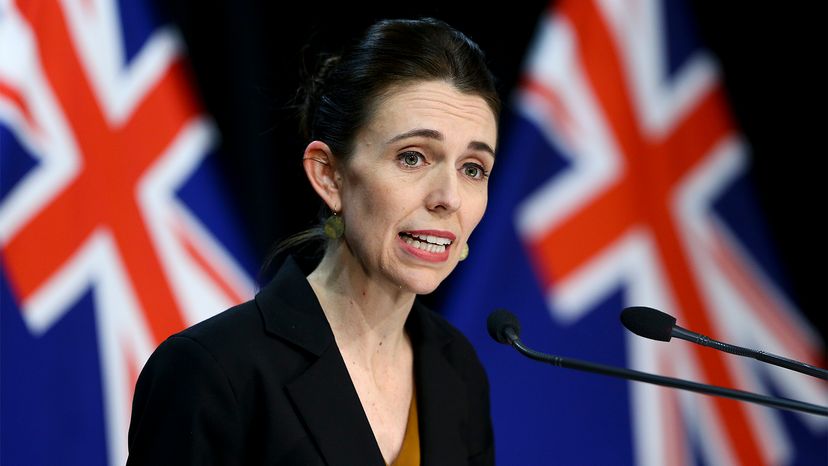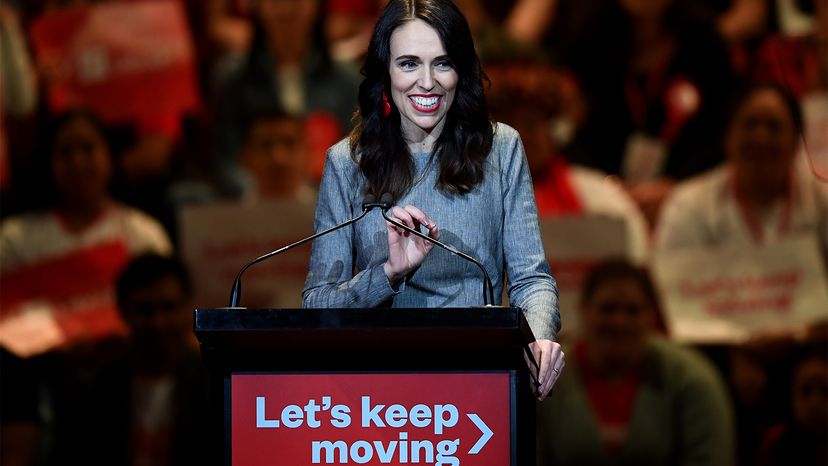
On March 16, 2020 — days and weeks before many parts of the world put plans in place to deal with the coronavirus pandemic — New Zealand began to shut down. Nearly everyone who entered the country (including residents who'd been traveling) was mandated to self-isolate on arrival. Just a week later, the entire country shut down, closing its borders to almost all non-citizens or residents. The leader behind those decisions, which many now say allowed New Zealand to effectively "squash" the COVID-19 curve, was prime minister Jacinda Ardern.
This wasn't the first time Ardern had been praised for swift, strict action. In 2019, New Zealand passed a gun reform law that banned most semi-automatic firearms; parts that convert firearms into semi-automatics; magazines over a certain capacity and some shotguns. The decision came just a month after a mass shooting in Christchurch that killed 51 people. And two years before that, the Guardian announced that "Jacindamania" had gripped the country as New Zealanders donned T-shirts and tote bags declaring their love for the newly elected leader.
Advertisement
"Ardern is our third woman prime minister, but I think what sets her apart is her commitment to 'leading with kindness' and her refusal to fit into male-dominated ideals of what a leader should be like," journalist Michelle Duff, author of the upcoming book, "Jacinda Ardern: The Story Behind an Extraordinary Leader," writes via email. "The qualities she represents — inclusivity, togetherness, empathy — are sorely needed in the world right now, and that's also what has made her stand out internationally. These aren't inherently feminine traits, but we haven't traditionally seen them harnessed by male leaders."
But who is Ardern and how did she achieve success as New Zealand's 40th prime minister?
Advertisement

